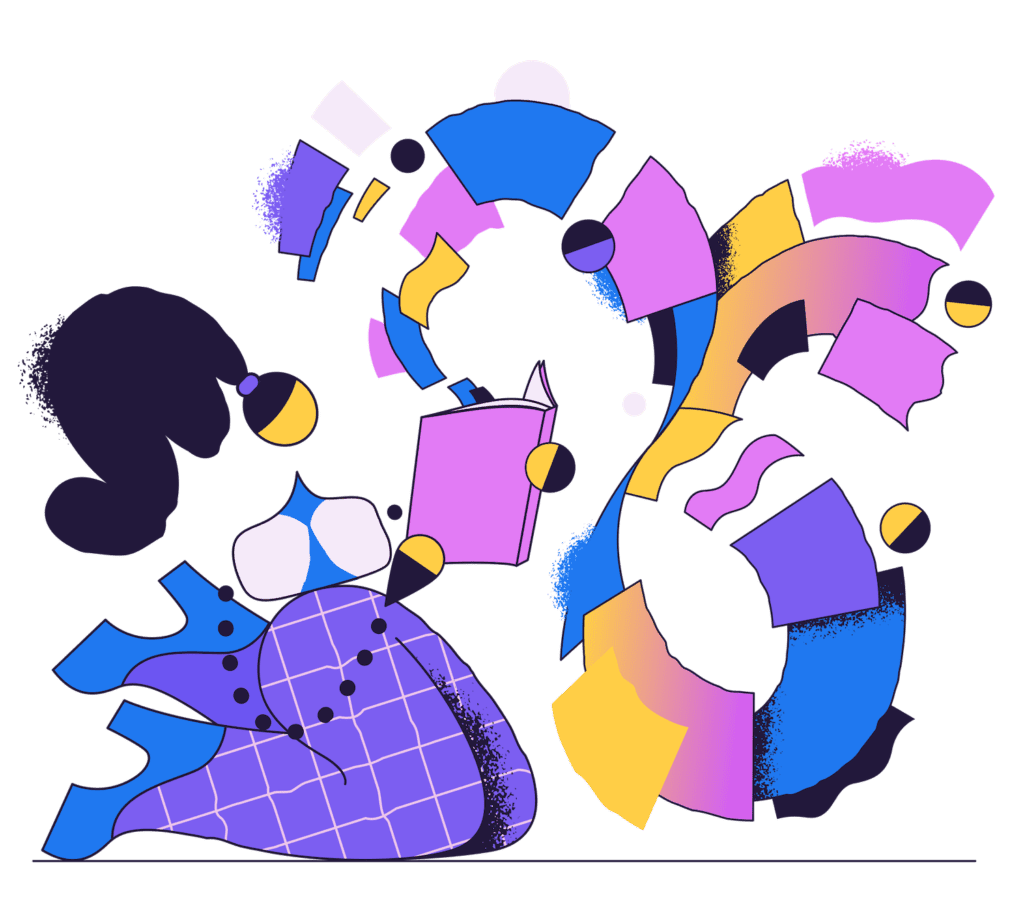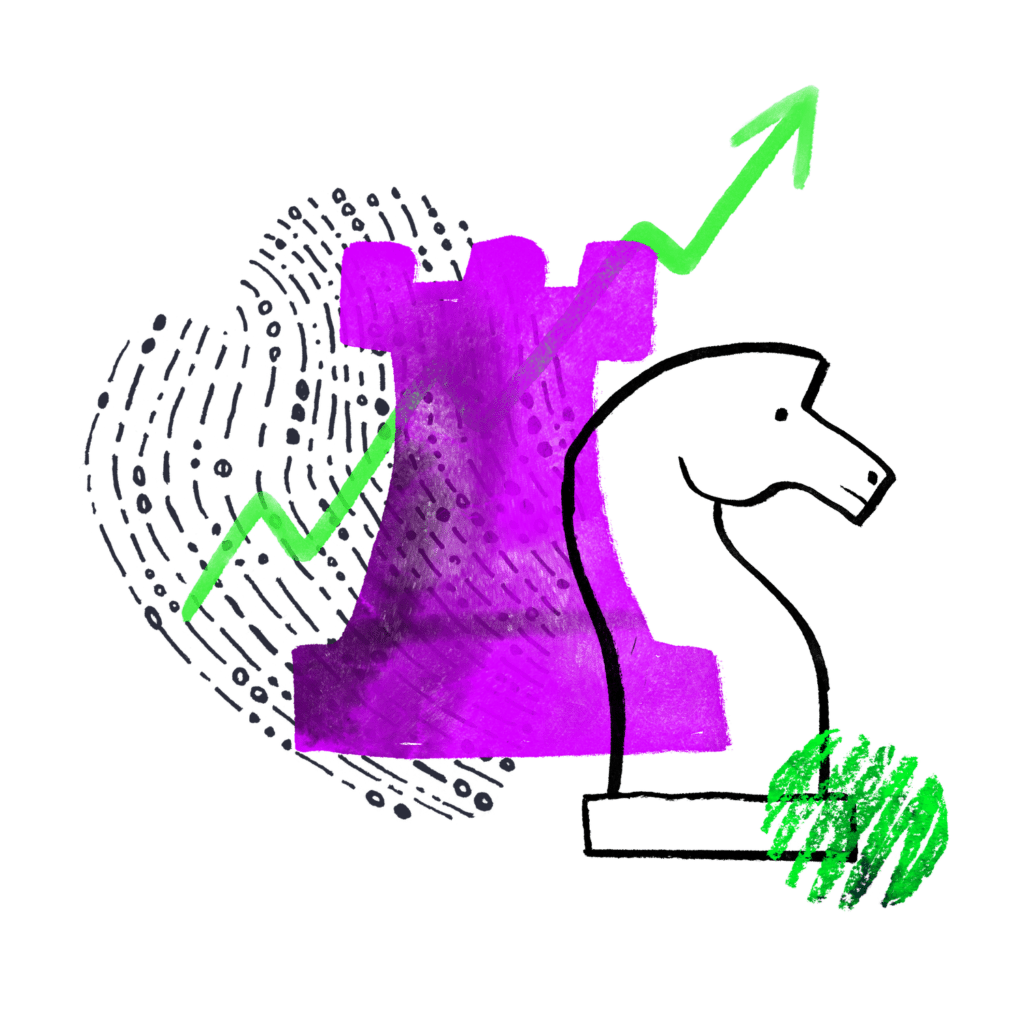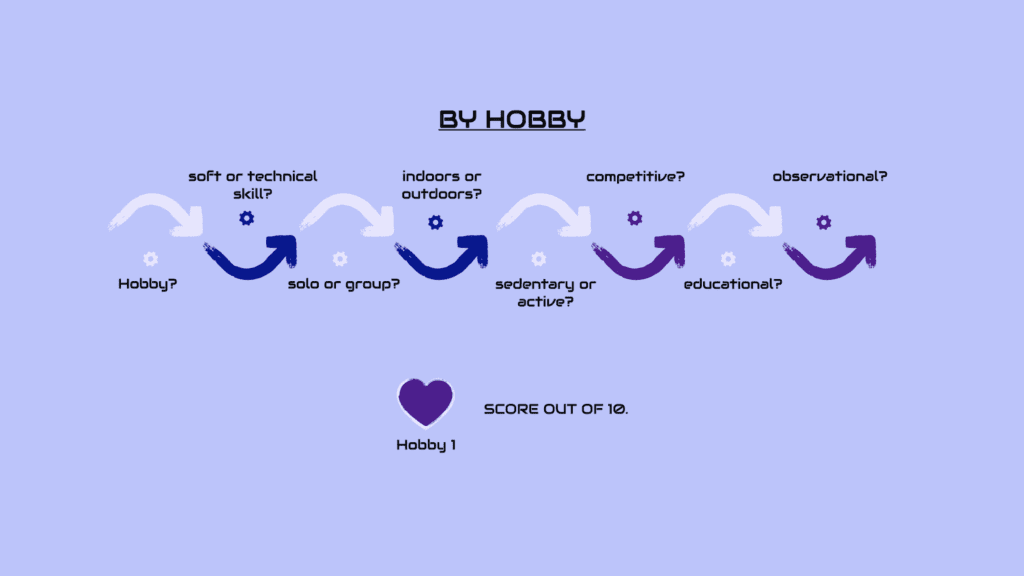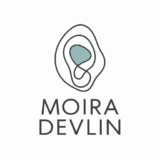Effective Tactics for Closing the Skills Divide
Like our human competitors for work, jobs and promotion, we may have the requisite technical proficiencies and work experience. So how do employers or investors tell us apart? They are watching out for any clues to understand our personalities and soft business skills accomplishments. What is the unique beneficial edge we tease with? Employers and investors want to know what motivates us to succeed. An excellent hobby or two makes us stand out when looking for a job or investment.
Selling Our Benefits
Our hobbies give many hints and tips about our identities and soft skills expertise. We can use them to show-off our talents without coming across as arrogant. They provide us with the freedom to demonstrate our passion. They are those shining examples of where we overcame hardship. Or solved a tricky problem or tackled a difficult situation and emerged triumphant!
Importantly offering a platform to build a genuine story of who we are, our achievements and how we can help an employer or an investor.

Full of Life Skills
Sometimes our pastimes get sidelined or put in the after thought box. However, they play a big role in our personal development, self-fulfilment, and mental health. They provide us with an excuse to experiment and understand better our abilities and how to turn these into new or improved skills.
This makes them a great place to establish our technical and soft abilities in a safe and comfortable space. Leading to a hybrid skill-set mix, which we can use to enhance our career prospects. As well as refreshing technical skills, we should pay special attention to the soft business skills vital for our career success. They fall broadly into four buckets: communication, relationships, organisational, and thinking skills. Everyone has different needs and gaps to explore. By appreciating any gaps in our skills, we can set clear goals on new or up skill opportunities we want to gain to stay relevant.
A Place for Curiosity
Our pastimes encourage us to delve into what we like and dislike. They provide a sense of purpose and a way to express personality. We get the chance to thrive on our strengths on our own terms. Staying curious drives our desire to excel in our chosen hobbies.
“The important thing is not to stop questioning. Curiosity has its own reason for existing.” — Albert Einstein (1)
Research suggests a link between the mechanisms supporting extrinsic reward motivation and intrinsic curiosity. They highlight the importance of stimulating curiosity to create more effective learning experiences. We are better at learning information if we are curious about it. Curiosity prepares the brain for learning and makes subsequent learning more rewarding. (2)
Without the culture of curiosity, learning is inadequate. If we are not interested, we may learn nothing. It is curiosity inspiring us to reach amazing feats. It fuels brilliant breakthroughs and innovations. From inventing the wheel to the printing press to smart phones and tablets, curiosity is driving every idea and invention.
It is the magic pushing us to learn more. It makes our pastimes special to us. And it casts the spell on our motivation to study and become expert. To want to find everything we can about something. As children, we are curious. How many times did we ask ‘why’ each day? Hundreds or thousands!
As a catalyst for our learning achievement, it primes the brain to learn. We have all experienced listening to a dull speaker. Then cannot recall what they said. Or reading a boring article, where we forget the points it made as soon as we finish it. We sign and remark, Glad that is over! But what is going on in our brains?
We encounter the answer in 2 studies (2 & 3). They tell us curiosity boosts activity and interaction between three parts of the brain: the nucleus accumbens (NAcc) and substantia nigra/ventral tegmental area (SN/VTA). These are parts of the brain’s reward circuit, which combine with the hippocampus, handle the formation of fresh memories. This added memory boost is useful whenever we are trying to learn something new and complicated. We are unlikely to find every single element of a subject fascinating. But if we cultivate curiosity about some facts, we find that the rest of the material is understood and remembered more easily.
So if we take time to explore our curiosity triggers this encourages us to learn new things about our hobbies and pastimes. We can transfer this knowledge to how we learn in the workplace.

Make It Interesting
Leisure activities divulge our passions, enthusiasm for learning new skills and how we enjoy ourselves. We should get inquisitive about our hobbies. Explore how they contribute to our skills. How can we use them as a stepping stone to improve our technical and soft skills that makes us feel relaxed and satisfied?
Each personal pursuit needs to be broken down and analysed. This means we discover which skills are present and how they apply to our career. We decide if we need to enhance or focus on them for further improvement. There are many reasons to use these personal pursuits to hone our professional skill set mix. Especially for our soft skills, where we can identify soft skills to practise and improve on. Also, it is a chance to develop extra activities and grow our pastimes further.
Start by listing all of your hobbies and pastimes. Review these by asking key questions and scoring each one to determine just how much you love that hobby! (As set out below)

Then consider, how do skills used in your leisure activities connect to your career? Do you use these skills already? Establish any common skill themes around your pastimes. This feeds into your learning and training opportunities. For example, compare these common skills you used to the expected soft skills in your career at large. And to your present job or the job you are aiming to get. What are the gaps? How do you fill these? Make some notes on any key insights and next steps.
Learn Everyday
In the modern 21st century society, a successful person is someone who embraces studying as a lifelong process. We do not restrict learning to school, further education or that first job. It becomes part of daily living and is as natural as eating and sleeping.
But how is it defined? It is self-motivated education focused on personal development. It can be informal or formal. However, its key driver is that it is voluntary to achieve personal satisfaction. So it requires us to be inquisitive and committed. Why is lifelong learning important today? The 4th Industrial and Agricultural revolutions are changing every workplace and seeping into our day-to-day life experiences. If we sign up for a lifelong learning, we can protect our careers. With confidence, we deal with the state of flux and disruption to the workplace and personal lifestyle.
Are you ready to take on the challenge of a lifelong learning? It can ensure your career stability and fulfilment. Lifelong Learning Thinking solutions (4) is a 4 step process, which you can use to walk through your journey. The four steps are discovery, charter, programme, and attainment. We start with clarifying any gaps in our abilities, skills, and experiences. Whilst exploring the best learning moments, styles and environments. You can integrate your leisure activities into this process. And use these four steps to guide you to complete your lifelong learning strategy, as set out below.
Creating an enduring learning strategy leads us to set out a learning charter. This is key to maintaining our interest and staying on track. Think of this process as a personal learning project. Employ basic project management skills to set goals and define a roadmap. Take time to understand the resources you will need. Work through the key phases, deadlines and key performance measurements. What are your rewards for success after you work hard to finish any key deliverables? How will you self-reflect on your learning experiences?
Continuous learning makes us feel alive and connected to the world. To cement our place in society, we need to promise ourselves to engage in lifelong learning.
Doing what we enjoy as a job is the best career we can have. Sometimes we make this happen or instead we incorporate the strongest skills we have into our jobs. By using our hobbies to fuel our skills evolution, we are more likely to feel happier, succeed, and create an easy authenticity in everything we do.
References:
1 Albert Einstein (1955) LIFE Magazine. Time Inc.
2. Gruber, Matthias J, Gelman, Bernard D, Ranganath, Charan (2014) States of Curiosity Modulate Hippocampus-Dependent Learning via Dopaminergic Circuit. Neuron. https://www.cell.com/neuron/fulltext/S0896-6273(14)00804-6
3. Kang, Min Jeong, Hsu, Ming, Krajbich, Ian M, Loewenstein, George, McClure Samuel M, Wang Joseph T, Camerer ,Colin F (2009) The Wick in the Candle of Learning: Epistemic Curiosity activities reward circuitry and enhances memory. Psychol Sci.
4. Devlin, Moira (2021) Mastery In The Making – Navigating the Future with Essential Life Skills. Amazon, Apple Books, Google Play and Rakuten Kobo.
This article protected by EU & International Copyright Laws.
© 2023 Lifexpression Limited All Rights Reserved. © 2023 Moira Devlin © 2023 Shutterstock.com. © 2023 Envato Pty Limited


